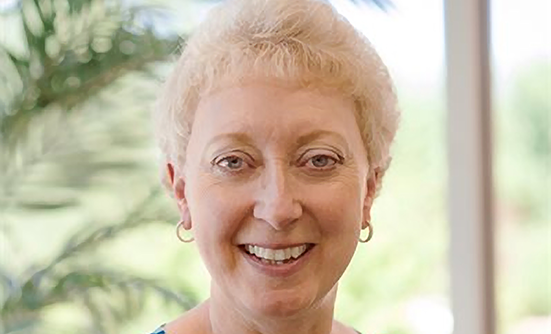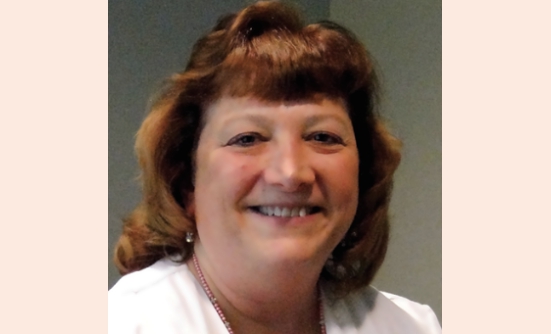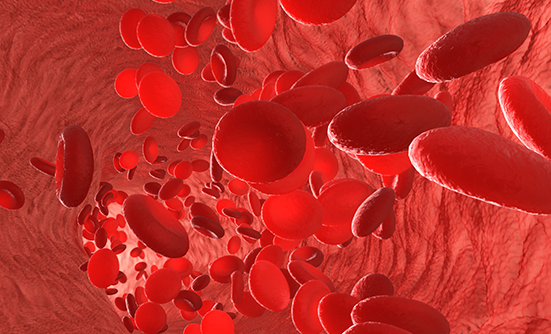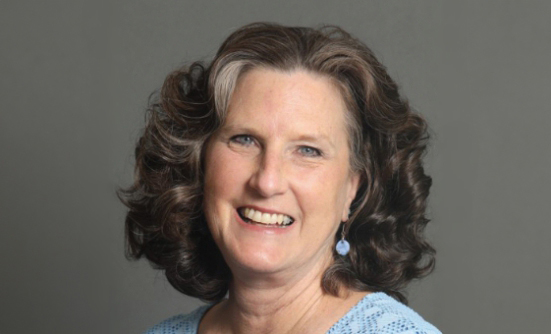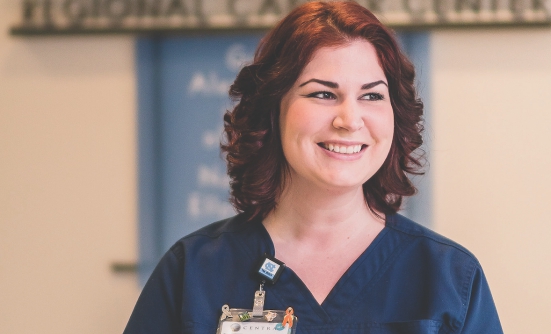Health literacy is an important factor affecting the communication between patients and providers across the continuum of cancer care. According to the National Adult Literacy Survey, approximately 1 in 5 American adults has a low literacy level or lacks the necessary literacy skills to navigate our healthcare system. The Institute of Medicine defines health literacy as the “degree to which individuals have the capacity to obtain, process, and understand basic health information and services needed to make appropriate health decisions.”
Health literacy does not equate to one’s reading ability, or the number of years of education; rather, it is based on a combination of reading, listening, analysis, decision-making skills, and the ability to blend these skills and apply them to healthcare.
Impact of Health Literacy
Health literacy can affect your entire cancer care, from prevention and screening to understanding your diagnosis, treatment, and prognosis. Health literacy may affect your adherence to treatment, understanding of the treatment goals, and your health-related decision-making. Evidence shows that patients often misinterpret or do not understand much of the information provided by their physicians and their healthcare team because of low literacy level.
Patients with low health literacy are disadvantaged in their capacity to obtain, process, and understand written and verbal information on cancer. They may also be limited in their ability to access and navigate the cancer care system, make appropriate healthcare decisions, and act on healthcare information.
Low health literacy may limit your understanding of cancer control, the need for early diagnosis, screening recommendations, and cancer symptoms that can adversely affect the stage of cancer at diagnosis. It also may limit your understanding of test results, your exact diagnosis, the risks and benefits of treatment recommendations, and potential clinical trial options–all of which places patients at risk for poor outcomes.
Health literacy influences all types of communication, including verbal, written, and electronic or visual. Patients with low health literacy deal with communication different from patients with high literacy levels. Often there is a mismatch in patient–provider communication, regardless of the method of delivering the information, which affects the patient’s ability to understand, remember, and apply the information.
To help patients with low health literacy to understand cancer information, providers must match the patient’s language, logic, and experience with the information they provide. Patients with low health literacy are responsive to and interested in information that improves their sense of well-being and helps them resolve their immediate health problem.
Patient-Provider Communication
In developing a match between patient and provider, healthcare providers should tailor their communication (verbal or written) to the patient’s needs, which should match the patient’s perspective and experience.
The provider must clearly communicate:
- What patients need to do
- When they should do it
- Why these actions will be beneficial to patients to improve oral communication with patients, providers should slow down and take time to listen, address their patients’ concerns, and confirm their patients’ understanding of the information.
The information provided may need to be limited to 3-5 key points, while using common daily language and illustrating the information with models or drawings.
To confirm a patient’s understanding of the information, providers should summarize the key points about what is going to happen next, and what the patient needs to do. Providers should use the “teach-back” method by asking the patient to repeat the information and instructions. While providing cancer information, providers should be honest, positive, encouraging, and empowering. Healthcare providers also need to consider and convey how the advice fits practically into the patient’s lifestyle and how the information can benefit each patient.
Your Nurse Navigator
Nurse navigators are pivotal in improving patients’ health literacy and communication about cancer. Nurse navigators address and reduce the barriers to patient care, including psychological, social, and physical, and coordinate cancer care by facilitating communication among providers and practice settings, and by connecting patients with support services and resources.
Through patient education, nurse navigators focus on ensuring patients’ understanding of the healthcare system, their diagnosis, treatment plans, and improve their adherence to their care. Navigation programs provide patients cancer-related education and address barriers to optimal cancer care and better quality of life.
The Patient's Role
Patients can play an important role in improving communication with their providers. To enhance your clinic visits, bring all your medications and a family member, caregiver, or friend to act as another listener and take notes or for better recall of the information.
Patients and their family members or caregivers can also prepare for the oncology visit by writing down their questions while at home before the visit. During visits with your oncology team, you should feel comfortable asking questions, asking for clarification, and requesting written materials and information on support groups, where patient-centered information and ongoing support are available.
Changes in the healthcare system; advances in cancer treatment, including the increased use of oral chemotherapy; the growing number of cancer survivors; and a predicted shortage of oncologists will result in patients with cancer and their families or caregivers becoming more responsible for their care.
Patients need to be better informed about their illness and treatment and be more involved in their care, along with their oncology team. Navigators can be extremely helpful in supporting and educating patients with cancer. Patient empowerment can increase health literacy and improve cancer outcomes.
Key Points
- Your nurse navigator can help you in navigating the healthcare system, and understand your diagnosis and treatment plans
- To maximize your benefits from your clinic visits, bring all your medications and a second listener to take notes and to help recall the information
- During your visit, ask for information and clarification, and request written materials and information on support groups
Patient Resources
American Cancer Society
www.cancer.org/healthy/informationforhealthcareprofessionals/easy-reading-for-patients-dealing-with-side-effects-of-cancer-treatment
Centers for Disease Control and Prevention
www.cdc.gov/healthliteracy/Learn/index.html
National Institutes of Health
www.nih.gov/clearcommunication/healthliteracy.htm










